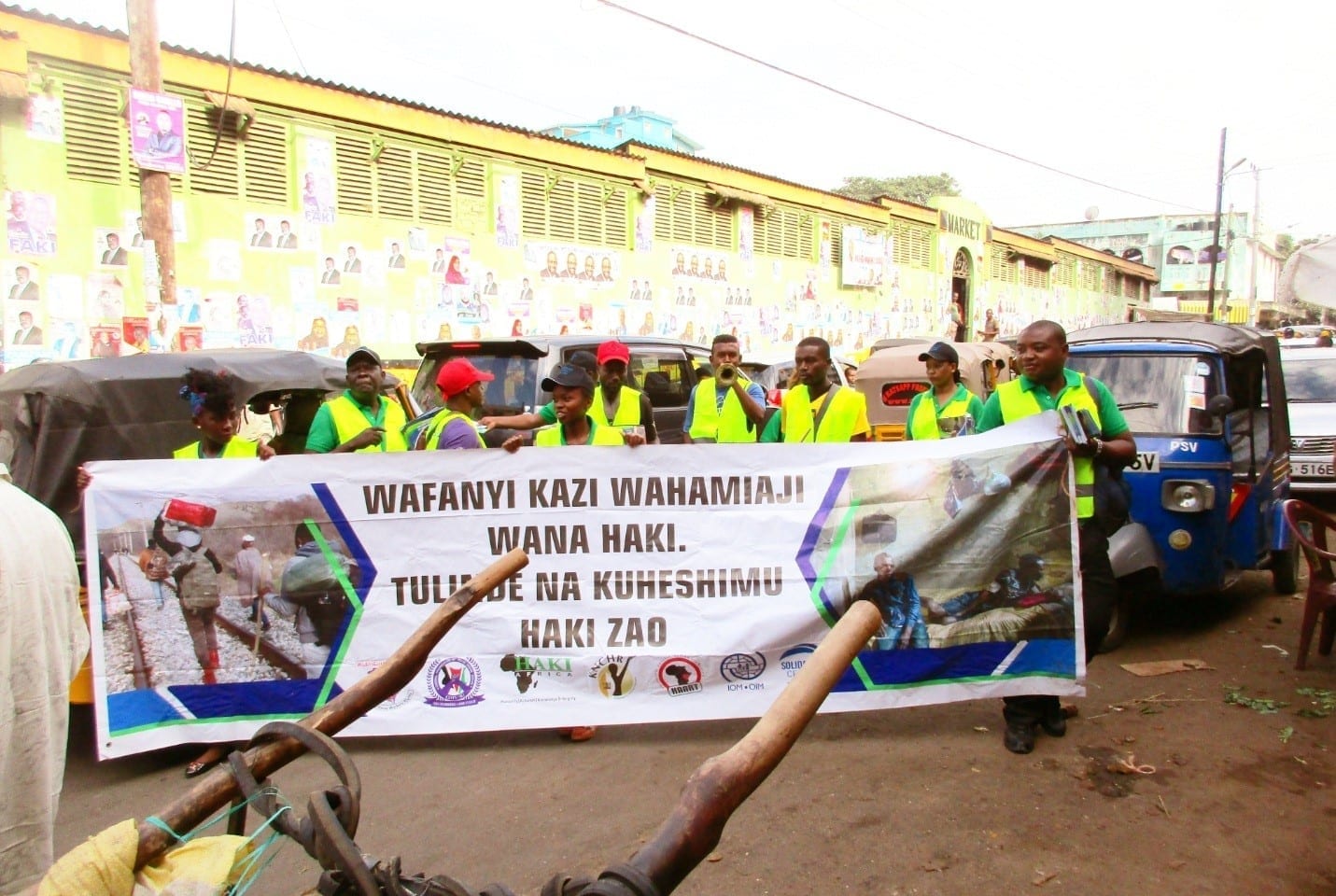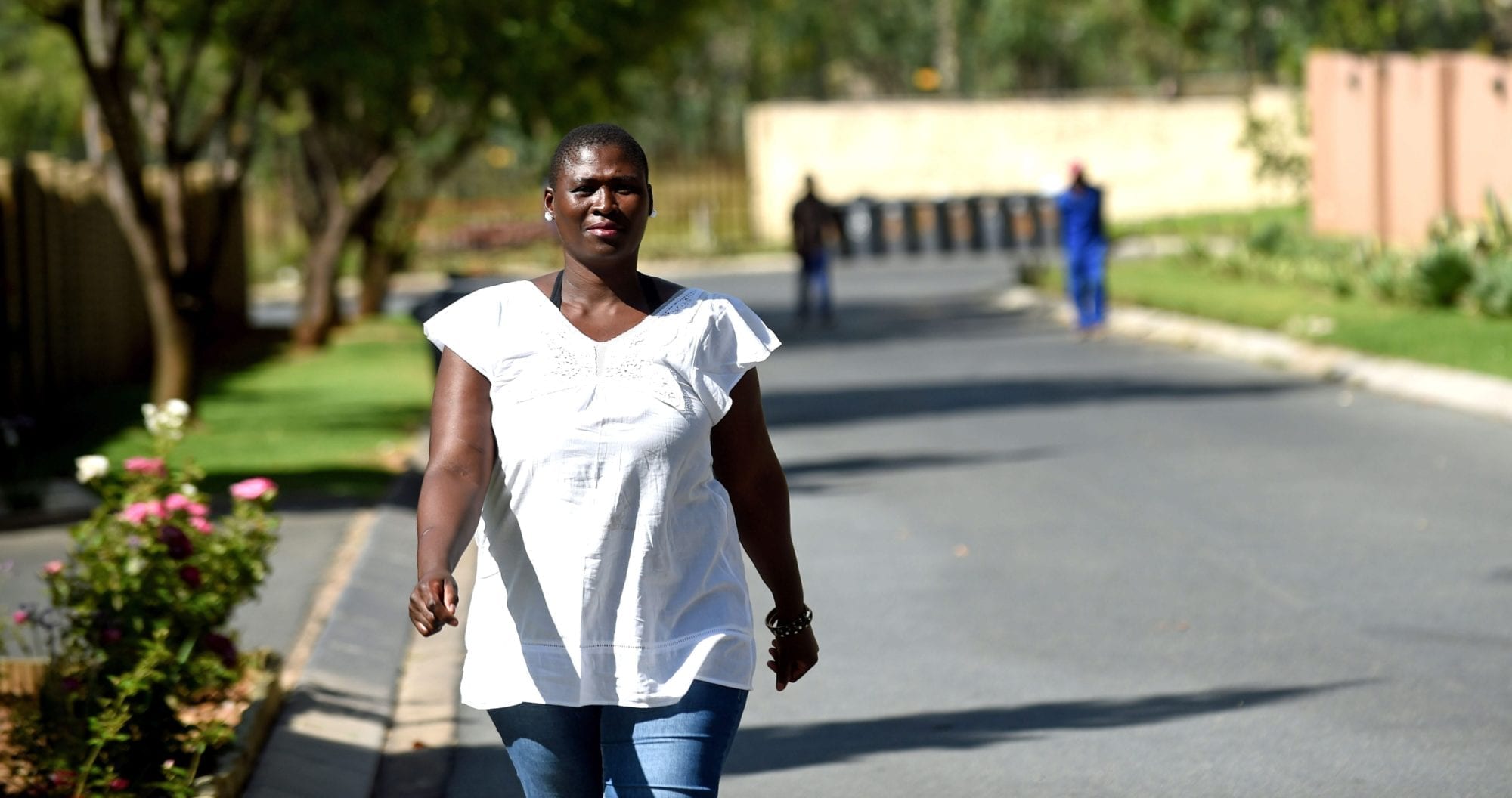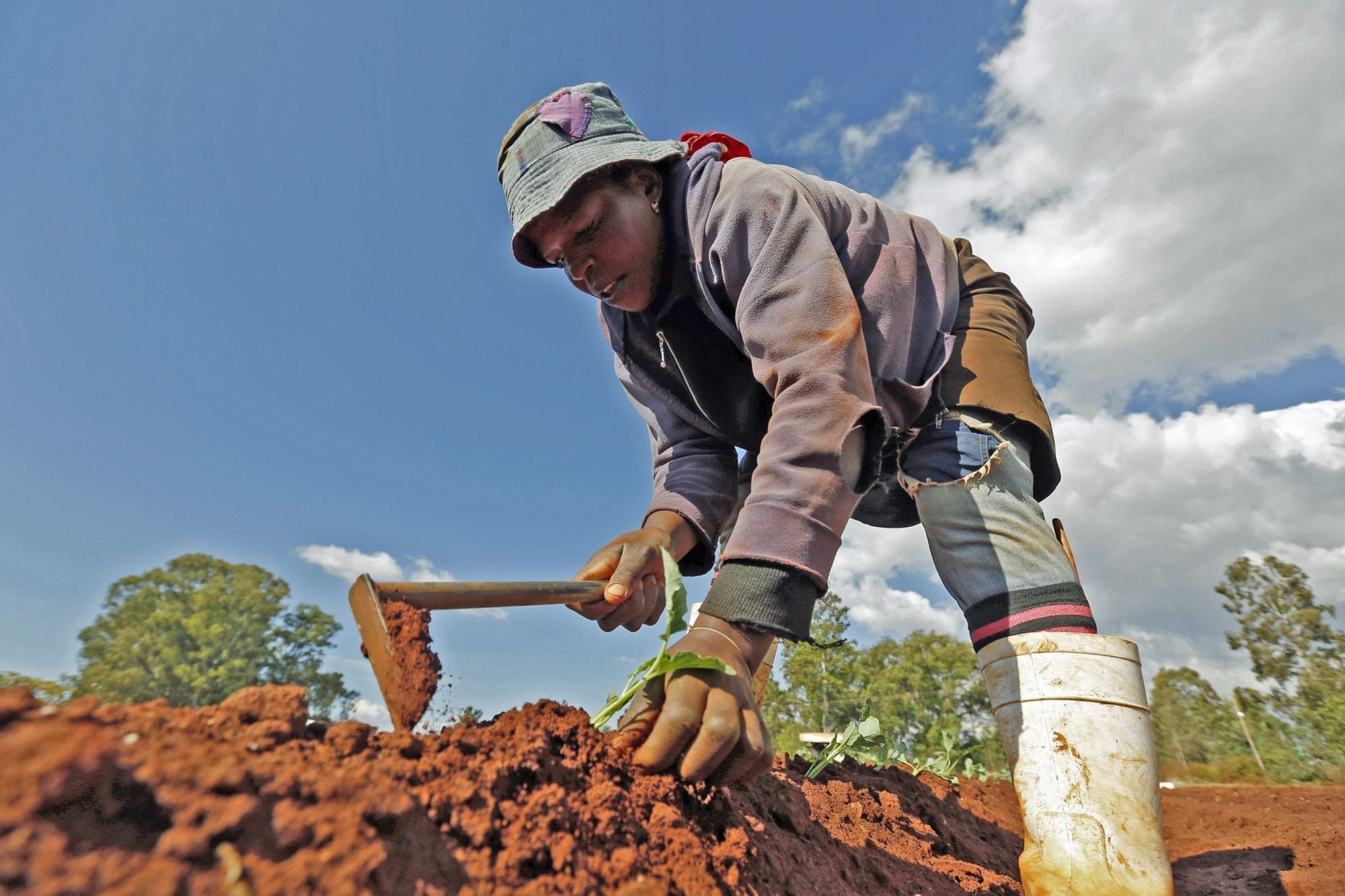In Kenya, where 2.5 million people toil in irregular, precarious jobs—compared with 900,000 in the formal sector—many workers are unable to support their families and so become targets for the labor brokers who haunt villages and cities and convince them to get jobs...

The Solidarity Center assists workers in the informal economy, such as market vendors in Zimbabwe, come together to assert their rights and raise living standards. Credit: ZCIEA
Migrant Domestic Worker in South Africa: Better Conditions with Union
Prexedes, a domestic worker from Zimbabwe in South Africa, says migrant workers in South Africa often are paid lower wages and suffer harsher working conditions than their South African counterparts. Supporting her three children on her own, Prexedes struggled to pay...
WOMEN@WORK: MAKING BREAKTHROUGHS WITH THEIR UNIONS
Despite modest gains in some regions in the world over the past two decades, women are more likely than men to become and remain unemployed, have fewer chances to participate in the workforce and often must accept dangerous, low-paying jobs, according to Women at...
No Results Found
The page you requested could not be found. Try refining your search, or use the navigation above to locate the post.



